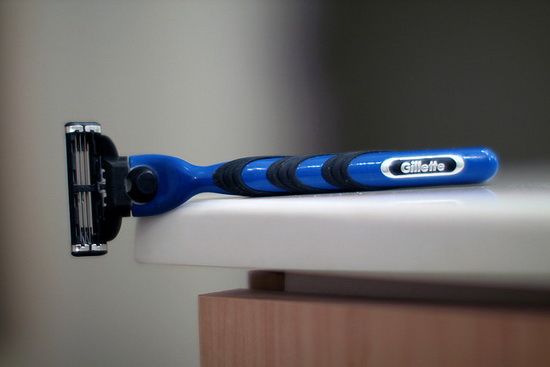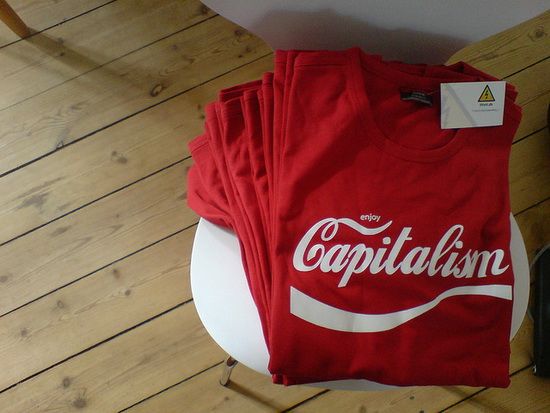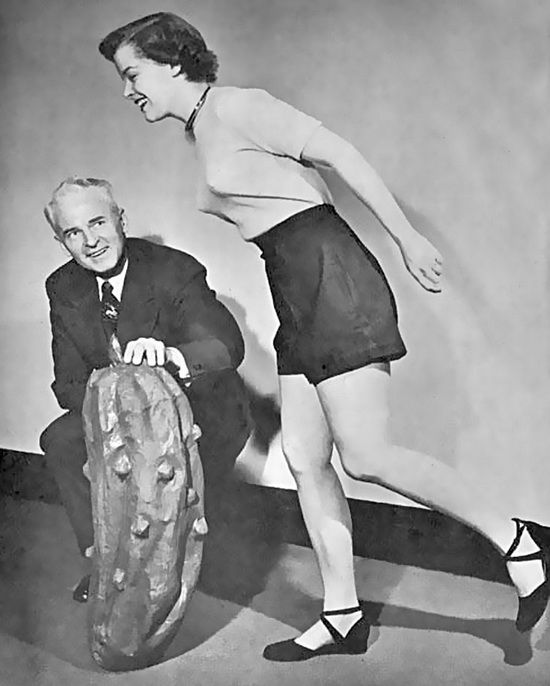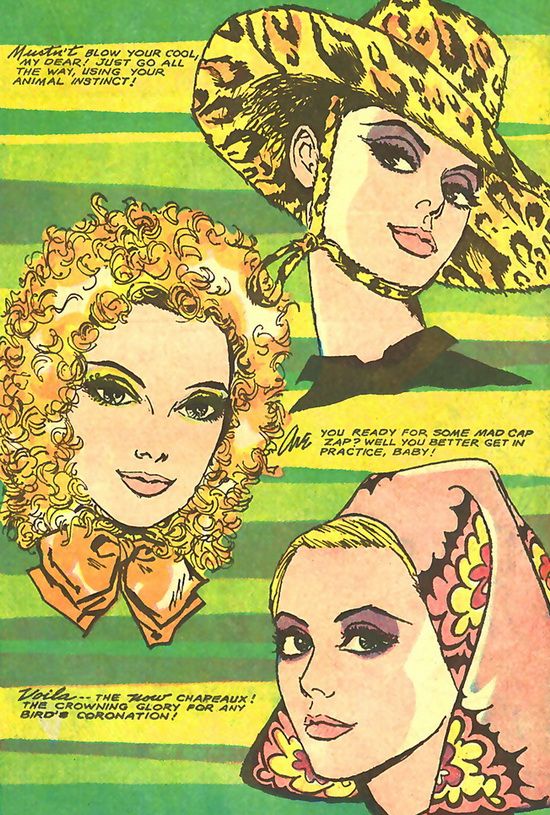Freebie marketing is an old, tried and tested form of marketing that involves either giving away a product (or offering it at a very cheap price) in the knowledge that in order to use or continue to use said product the consumer will be forced to spend more money with that company.
The concept was believed to have been born of King Camp Gillette; the inventor of the safety razor and the Gillette brand. Gillette realised that by selling his razors very cheaply (usually well below cost price) he would create a market for his then overpriced blades. Gillette still utilise freebie marketing today, choosing to send free razors to men as they approach their 18th birthday.

Other instances of freebie marketing can be seen through cable and satellite television companies, internet providers and any other business venture through which a product is required in order for the customer to use the service.
For instance, the cable company might offer a ‘free’ digital recording box. However, they will charge an installation and set-up fee in addition to a monthly fee that is set to cover the cost of the hardware.
How does it work?
It makes the customer believe they’re getting a great deal and that the company are doing them a favour.
Not only do they then hold the brand in good stead, but they feel obligated to purchase the remaining necessary items from that company – both through loyalty and a reluctance to purchase the whole package elsewhere.
Can it work for you?
Not every industry can utilise freebie marketing in the traditional ‘Gillette’ sense. To do so, you need to embrace the business model of selling your product in separate parts – one that you can give away free or very cheaply, and one that you can price accordingly to recover costs and secure a profit.
When it goes wrong?

As with most businesses, your biggest risk comes from your competition. If a competitor releases a rival product at a greatly reduced cost, the success of the original product is threatened.
In many cases, making a success of freebie marketing entails having a part or whole monopoly on the industry, or at the least, such a strong brand that consumers will choose your products over a cheaper alternative due to their perception of quality.
Using freebies to build a brand:
Giving away products or offering them at a very cheap price is another form of marketing that can help to increase your customer base while building brand awareness and customer loyalty.
While this is different from ‘freebie marketing’ as Gillette use it, it’s still highly effective and since you don’t need a monopoly to succeed with it, less risky.
Business to consumer relationships:

Used correctly, the distribution of ‘freebies’ can help to build lasting ‘relationships’ between business and consumer.
For instance, a toothpaste company could offer free dental check-ups. Not only does this encourage the buying of the company’s products over a competitors, but it gives the customer the impression that this brand cares about those that buy their products.
Alternatively, the producer of a range of diet food products could offer a free membership to Weight Watchers or similar scheme.
Either way, the point is to establish what the consumers of the product care about and to offer them something that complements that as a freebie.
Bringing freebie marketing into the 21st Century:

Another great way to utilise freebie marketing is to incorporate it into social media marketing.
If you’re struggling to grow your social media following, offering a free sample of a product in return for a ‘follow’ or a ‘like’ is a great way to get more people involved in your online marketing efforts.
You can even take it a step further and ask consumers to report back on the product, using Facebook or Twitter (or any other social media channel you might be involved in), offering the chance for them to win a much larger freebie in return.
Marketing costs money:
Remember that most effective forms of marketing cost money. You can own and operate a Facebook or Twitter page for free but if you really want to make a success of it, you need to start spending.
If you’re unsure whether spending money on freebie marketing is viable, consider the cost against television or magazine advertising – in most cases it’s less, while having a far greater return on investment.
Jessy is the marketing blogger for Auto Insurance Calculator, the free tool you can use online.
